
Blindside
How to Anticipate Forcing Events and Wild Cards in Global Politics
Recommendation
“Prediction is very hard,” Yogi Berra supposedly remarked, “especially about the future.” It’s hard to argue with that, but even skeptics must admit that such events as the collapse of the Soviet Union, the East Asian economic crisis of the late 1990s or the terrorist attacks of September 11, 2001 came as a shock even to most experts. Yet, for all its difficulty, forecasting matters. No one, whether in government or business, wants to be blindsided by oil shocks, declining stocks, environmental crises, global pandemics, natural disasters or any of the other nasty surprises that chance sometimes delivers. Can anything be done, or must humanity merely watch the wheel of fortune spin, hoping for the best? According to this modest book, something can be done. Even when specific predictions are hard, if not impossible, leaders can “plan for surprise” by developing scenarios, boning up on history, overcoming cognitive biases and learning to think about the types of significant disruptions that could arise. While this uneven collection of articles is understandably short on conclusions, getAbstract predicts it will help you think about the unthinkable.
Summary
About the Author
Editor Francis Fukuyama is the Bernard L. Schwartz Professor of International Political Economy at Johns Hopkins University’s School of Advanced International Studies.











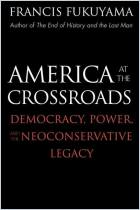
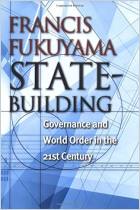
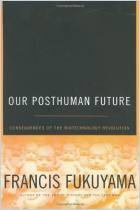
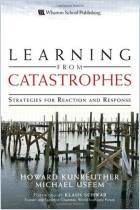
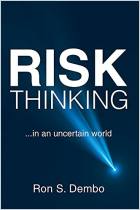
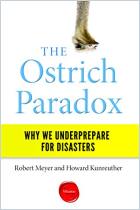
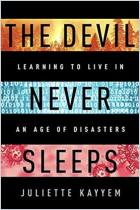
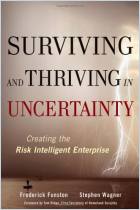
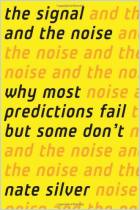






Comment on this summary or Diskussion beginnen